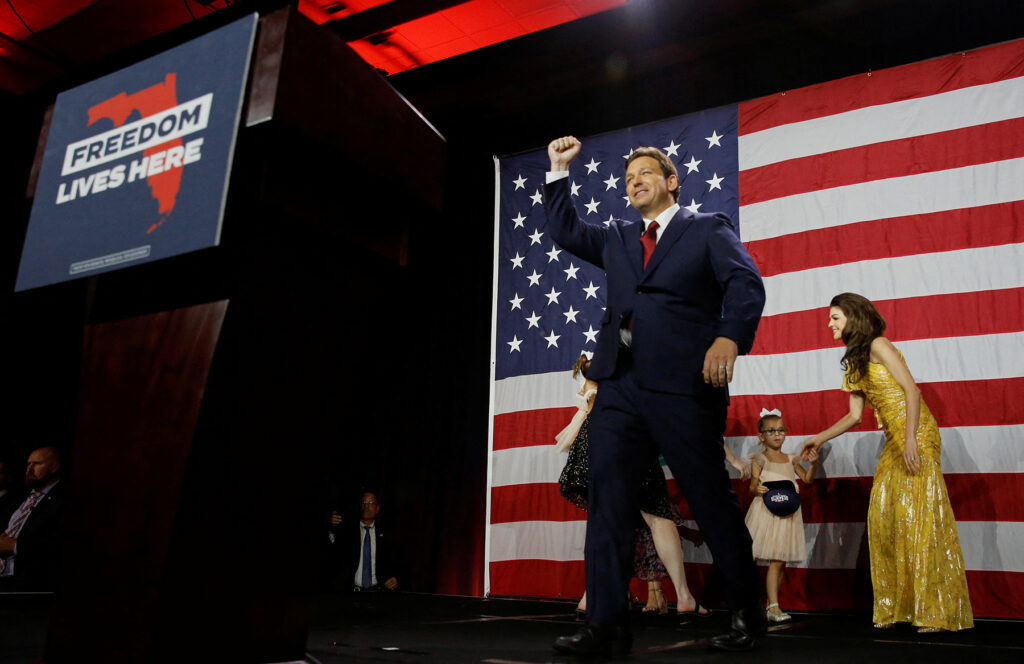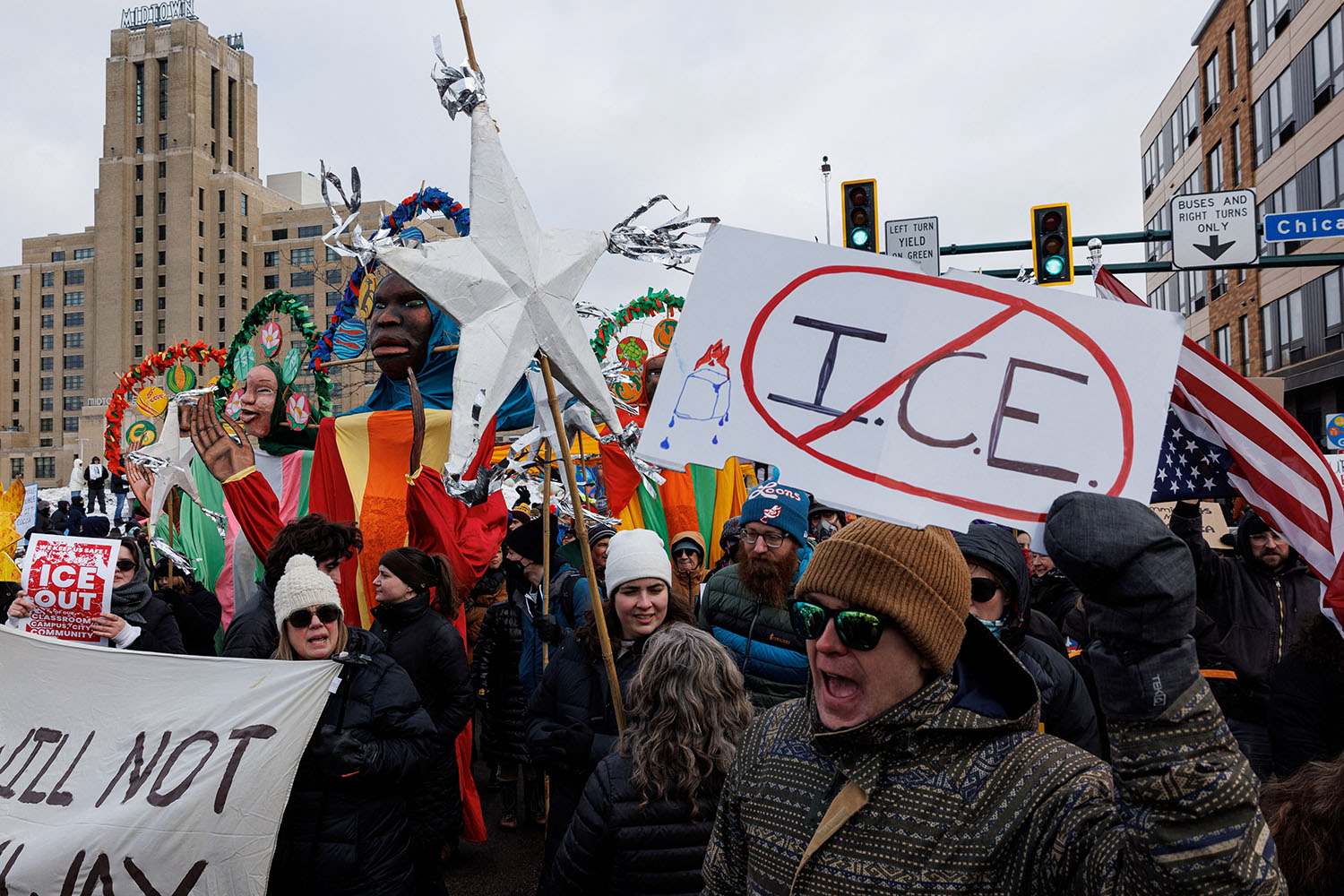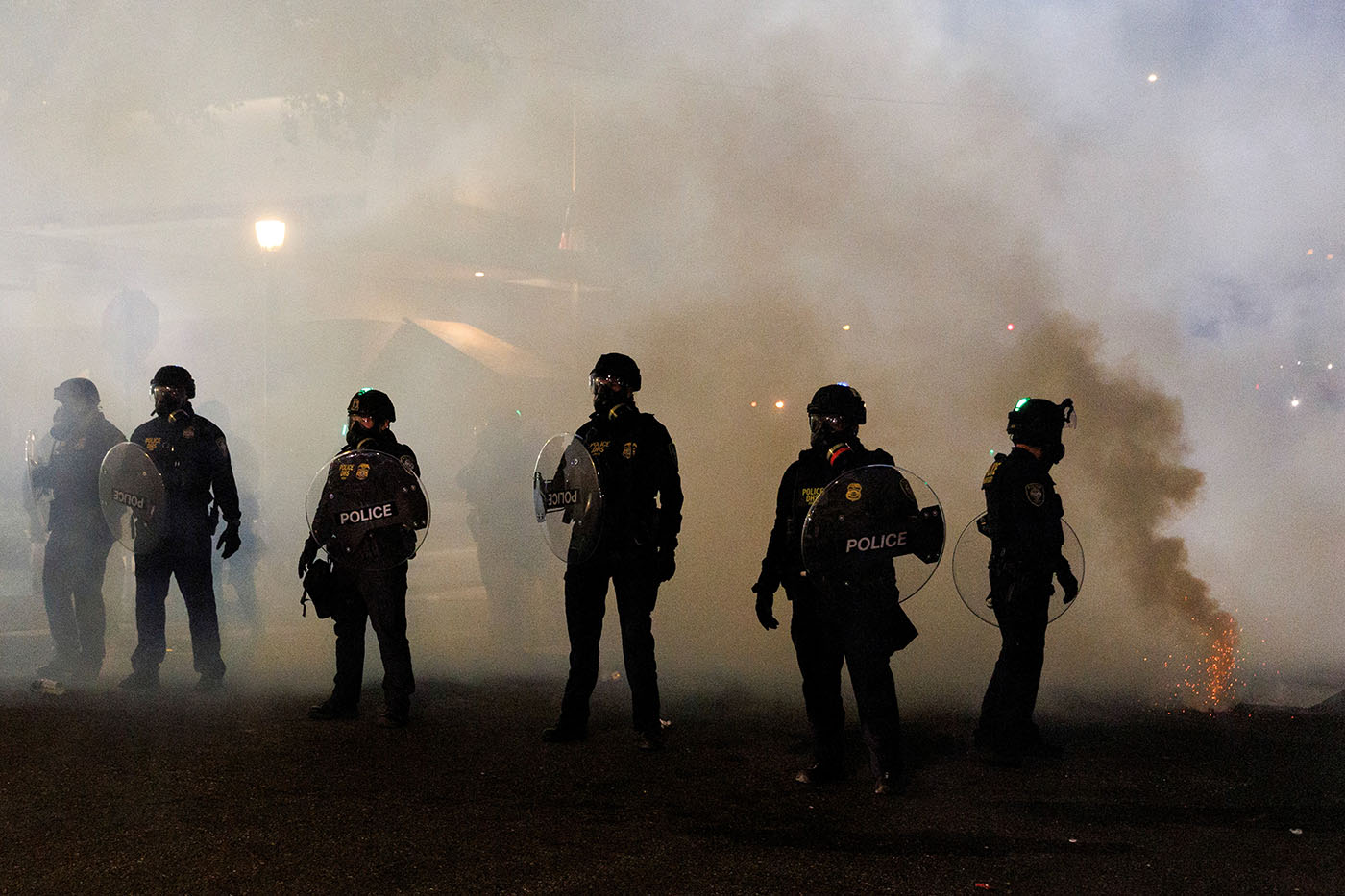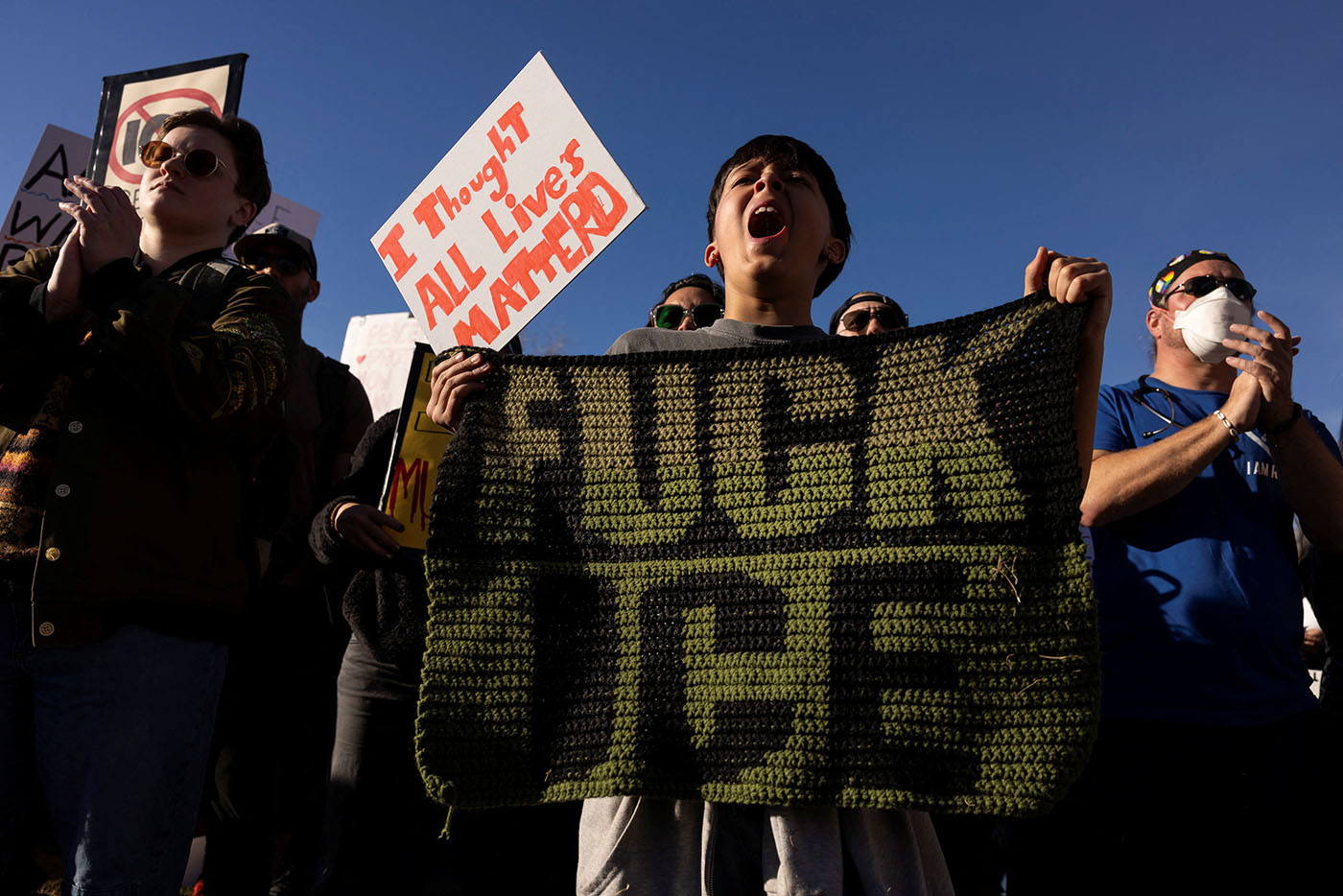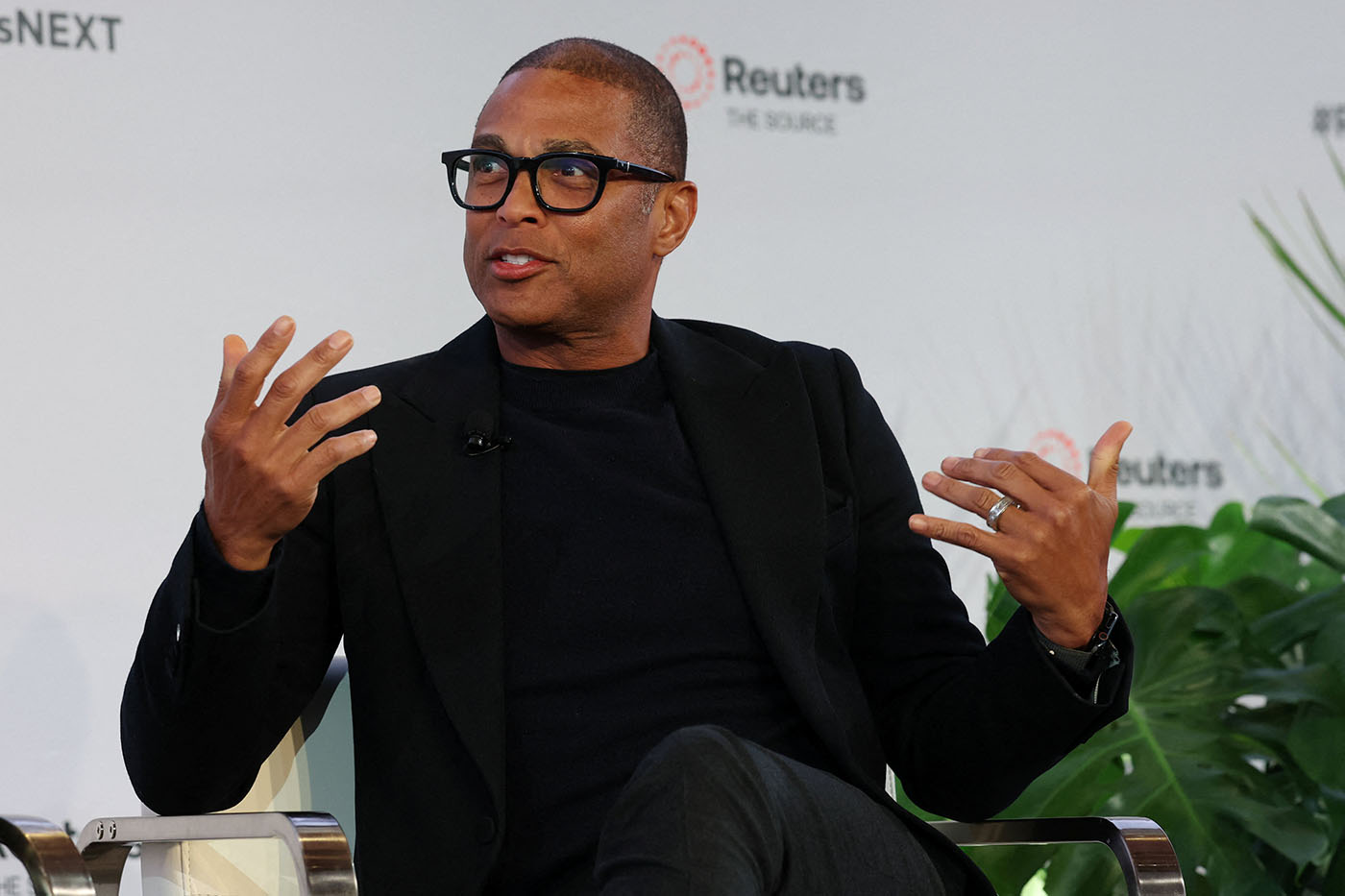Chief Judge Mark E. Walker of the U.S. District Court for the Northern District of Florida granted a preliminary injunction against Florida Gov. Ron DeSantis’ “anti-riot” bill in September 2021, stating that the law was “vague and overbroad” and violated the demonstrators’ First Amendment rights to freedom of speech and the right to peacefully assemble.
Previous: Florida Governor Faces Two Lawsuits Challenging Anti-Protest Law
The law, House Bill 1, was enacted in response to Black Lives Matter demonstrations in the spring and summer of 2020 after the killing of George Floyd by Minneapolis police. In Judge Walker’s decision, he referenced the Tallahassee Bus Boycott of 1956, in which people protested the racial segregation of city buses.
Judge Walker noted that in 1956 the anti-riot laws in Florida “were used to suppress activities threatening the state’s Jim Crow status quo,” but “the definition of ‘riot’ and ‘inciting a riot’ were not clearly defined by Florida Statute.” He believes the same issue arose in his review of HB 1.
“What’s past is prologue,” Judge Walker wrote. “Now this Court is faced with a new definition of ‘riot’—one that the Florida Legislature created following a summer of nationwide protest for racial justice, against police violence and the murder of George Floyd and many other people of color, and in support of the powerful statement that Black lives matter. The question before this Court is whether the new definition is constitutional.”
The bill’s definition of “riot” states any person is guilty of committing a third-degree felony if someone “willfully participates in a violent public disturbance involving an assembly of three or more persons, acting with a common intent to assist each other in violent and disorderly conduct, resulting in: (a) Injury to another person; (b) Damage to property; or (c) Imminent danger of injury to another person or damage to property.”
Deep Dive: Anti-Protest Laws in the United States
“If this court does not enjoin the statute’s enforcement, the lawless actions of a few rogue individuals could effectively criminalize the protected speech of hundreds, if not thousands, of law-abiding Floridians,” Judge Walker wrote.
“It unfortunately takes only a handful of bad actors to transform a peaceful protest into a violent public disturbance,” he added.
DeSantis appealed the decision to the U.S. Court of Appeals for the Eleventh Circuit. The Eleventh Circuit stated in January 2023 that “whether Florida’s riot statute is unconstitutional turns on the proper interpretation of the new definition of ‘riot’ under Florida law—a question the Florida Supreme Court, the final arbiter of State law, has not yet addressed.”
The Eleventh Circuit left the preliminary injunction in place and certified the “question regarding the meaning of ‘riot’ in the new state law to the Florida Supreme Court,” before it can make a decision as to whether HB 1 is constitutional.
Sept. 9, 2021 — Judge Walker Grants Preliminary Injunction of HB 1
Jan. 10, 2023 — U.S. Court of Appeals for the Eleventh Circuit Decision
Tags
